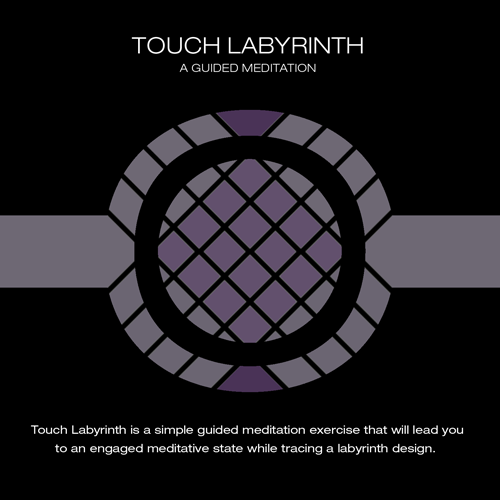|
Recipe for Self-Compassion Want to feel love, joy and peace? Acknowledge your pain and suffering and cultivate self-warmth, self-care and an empowering attitude. Ingredients:½ Cup - Gratitude 1 Cup - Self-Kindness 1 Cup -Connection 1 Cup -Mindfulness Directions:Measure 1 cup of self-kindness. Mix in 1 cup of mindfulness to be open. Observe your feelings and thoughts without judgement. Sift in 1 generous cup connection of your loved ones and journaling to remind that you are not alone! Top off the recipe with a touch of gratitude. Let rise until you are bubbling with love and joy. Serve generous portions to your hungry guests; chronic pain, failure or suffering until they feel full of love, joy and peace! © Sudesh Kannan 2019 www.meditation-magic.com ============================================================== Do you want to transform your relationship with yourself and others around you? Cultivate self-compassion as that generates good self worth – a key component of good relationships! Be sure to check out the quiz link below. Kristen Neff, an Associate Professor in Human Development and Culture (Educational Psychology Department) at University of Texas at Austin, has written a very easy-to-understand tome on Self-Compassion. She shows that developing self-compassion is a healthier way of improving our relation to ourselves as compared to self esteem. Self-esteem refers to our sense of self-worth, perceived value, or how much we like ourselves. Low self-esteem often correlates with depression and lack of motivation. On the other hand, high self-esteem may result in narcissistic or self-absorbed behavior. In contrast, self-compassion is based on acknowledging our challenges and problems with kindness and objectivity. We don’t judge ourselves but accept ourselves. Practicing self esteem helps maintain a better emotional balance, it leads to less depression, more optimism and more life satisfaction. Kristen Neff indicates that there are three components of self-compassion. Self Kindness – As opposed to self-judgement, self-kindness refers to the act of being kind to ourselves and our suffering. Very often we beat ourselves instead of being and warm and supportive during our tough times. Humanity – as opposed to a sense of isolation. We often have to understand that imperfection is part of human experience. We are not alone in our suffering. While we may feel isolated, we have to realize that other people go through hard times too. Mindfulness – as opposed to over-identification with the current challenge. It is easy for us to over-react or suppress negative feelings or emotions. Part of mindfulness to embrace the pain and suffering we are going through. Check below to see how you can measure and evaluate your level of compassion. In the relationship seminar, we will discuss various ways of increasing your self compassion through meditation, mindful activities such as journaling and role-playing. Check out my blog article Embrace Your Inner “Room-mate” for Creativity and Love on ways you can address your inner critical voice. Reference
Here is a typical report on self-compassion - These scales are 1 to 5 with 2.5 being the average. The first three show components of your self-compassion (Self Kindness, Common Humanity and Mindfulness Self-Kindness: 2.20 Self-kindness - being warm and understanding toward ourselves when we suffer, fail, or feel inadequate, rather than ignoring our pain or flagellating ourselves with self-criticism Opposing component - Self-Judgment: 2.60 Common Humanity: 3.00 Common Humanity - recognizing that suffering and personal inadequacy is part of the shared human experience - something that we all go through rather than being something that happens to “me” alone. Opposing component - Isolation: 2.75 (Reverse score of Common Humanity) Mindfulness: 3.25 Mindfulness - a non-judgmental, open state of mind in which one observes thoughts and feelings as they are, without trying to suppress or deny them Opposing component - Over-Identification: 2.75 (Reverse score of Mindfulness) Overall score: 3.06
0 Comments
|
a guided finger meditationEngage your senses with soothing music, guided imagery and a labyrinth tracing activity which leverages the power of touch. Click the album cover to learn more. Categories
All
|

 RSS Feed
RSS Feed